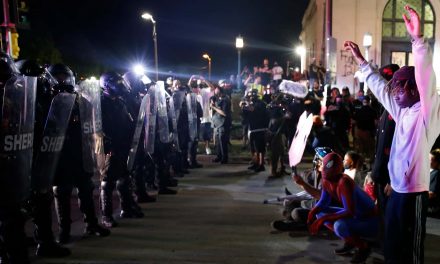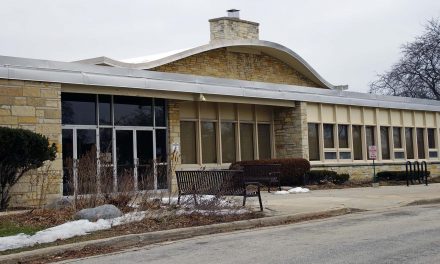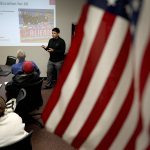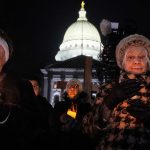Reggie Moore has directed Milwaukee’s Office of Violence Prevention since April. Mayor Tom Barrett has said he selected Moore for the role because of his career working for youth. Moore helped found two nonprofits that uplift young people: the Center for Youth Engagement and Urban Underground. Moore said he hopes that his government position will allow him to bridge the gap between policy and community, and reduce violence.
Q&A
Q: What makes you good at your job?
A: I don’t see it as a job. I see it as an extension of the work that I have been doing all my life. I think I’m blessed to have a team in which we all approach our work with a level of humility. We understand that our role and responsibility is to make sure we are resourcing, raising up and sustaining things that actually work in our city.
Q: What are the challenges that your office faces?
A: There is a significant need for urgency on issues on preventing violence in our city. Unfortunately, sometimes people don’t share the level of urgency depending on how close or far they feel from the issue, but violence impacts everybody in our city. The other challenge is that people have very different perspectives on the pathway to peace, (so we are) really trying to understand best practices and what actually works.
Q: How does your work for the Office of Violence Prevention compare with your work at the Center for Youth Engagement and Urban Underground?
A: I have had a lifelong commitment to young people, community organizing and really helping people reach their full potential. Working in city government is a different animal, and being able to influence how resources and policy are allocated in a way that truly benefits the community is something that I feel honored to be part of.
Q: Can you describe a typical workday?
A: Every day when we walk in the office as a team, the thing that is in the forefront of our mind is how to spend our time in a way that truly impacts our community. A lot of our days are spent engaging with the community, understanding what’s happening and connecting the dots between policy and practice.
Q: What is your office focusing on in the long run?
A: We’re trying to advance a vision for not just the absence of violence in our city, but what does the presence of justice and the presence of opportunity look like? How do those opportunities result in people being better, smarter and stronger in our city? Unfortunately, problems shine like bright lights and they get our attention, so we became very reactive. We want to push the community to be very proactive in having a vision for what a strong community looks like.
Q: What is your favorite thing about your job?
A: Helping the community understand the role and resources and responsibility that exist in municipal government. I think there has been a huge disconnect between systems and people, not just in Milwaukee, but across the country. I enjoy helping people understand that we are here to actually support them. There are some nonprofits that are well resourced and understand how to connect to government. But there are many smaller organizations that don’t understand that connection, and don’t understand the power that government has. Being able to bridge that connection between community and government is very important.














